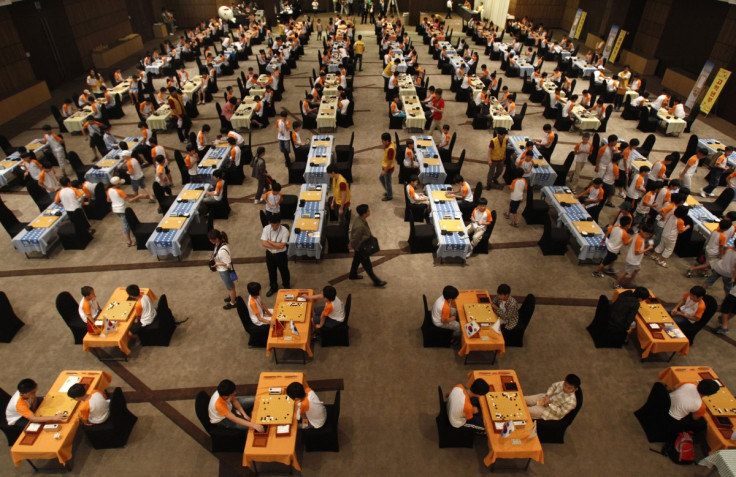DeepMind AlphaGo beats Go world champion Lee Sedol two games in a row

Google DeepMind's artificial intelligence software AlphaGo has defeated Go world champion Lee Sedol for the second time, taking a 2-0 lead in the five-game series between man and computer played in Seoul, South Korea. AlphaGo shocked the world on 9 March with its first win against Lee, who has won 18 world championships since becoming a professional Go player at the age of 12.
In a post-match brief, Google said, "AlphaGo made a number of creative moves that surprised the expert commentators. Both Lee Sedol and AlphaGo used their entire two-hours of time, going into byō-komiovertime." The AI won the first match by resignation after a brief 3.5 hours and 186 moves – a historic moment for AlphaGo and the progress of machine learning.
Although there are three games still left in the series, it is for the first time that a computer program has defeated a top-ranked human Go player twice in a row. AlphaGo needs just one more win to claim a prize of about $1m (£700,000), which Google said it would give to charity.
"Yesterday I was surprised, but today it's more than that – I am speechless," said Lee in the post-game press conference. "I admit that it was a very clear loss on my part. From the beginning of the game, I did not feel like there was a point that I was leading."
DeepMind founder Demis Hassabis said he was "speechless" after the exciting match that was "incredibly tense all the way through".
"I think it's testament to Lee Sedol's incredible skills," Hassabis said. "We're very pleased that AlphaGo played some quite surprising and beautiful moves, according to the commentators, which was amazing to see."
#AlphaGo wins match 2, to take a 2-0 lead!! Hard for us to believe. AlphaGo played some beautiful creative moves in this game. Mega-tense...
— Demis Hassabis (@demishassabis) March 10, 2016
Wow! #AlphaGo wins a second time! Completely surreal... Huge respect for Lee Sedol. Amazing battle! pic.twitter.com/ZIQtXositN
— Mustafa Suleyman (@mustafasuleymn) March 10, 2016
While a computer has already beaten a world chess champion when IBM Deep Blue beat grandmaster Gary Kasparov in 1997, the ancient Chinese game of Go is seen as much more complex and relies on a certain level of human "intuition". In October 2015, AlphaGo beat European Go champion Fan Hui.
Before the series commenced, Lee had predicted a 5-0 win or at worst a 4-1 series, over the machine.
"Playing against a machine is very different from an actual human opponent," he had told BBC. "Normally, you can sense your opponent's breathing, their energy. And lots of times you make decisions which are dependent on the physical reactions of the person you're playing against. With a machine you can't do that."
Developed by British computer company DeepMind, which was bought by Google in 2014, AlphaGo uses a technology called neural network that allows computers to learn from experience rather than specific programming. According to Hassabis, the machine first learns vast amount of digital data including common patterns repeated in previous games.
"After it's learned that, it's got to reasonable standards by looking at professional games. It then played itself, different versions of itself millions and millions of times and each time get incrementally slightly better - it learns from its mistakes," Hassabis said.
Moving forward, Sedol will have to win all three remaining games if he wants to claim the top prize. The third game in the series will take place on Friday in Seoul. You can follow the tournament on Google's Asia Pacific blog or watch the matches live on YouTube.
© Copyright IBTimes 2025. All rights reserved.





















